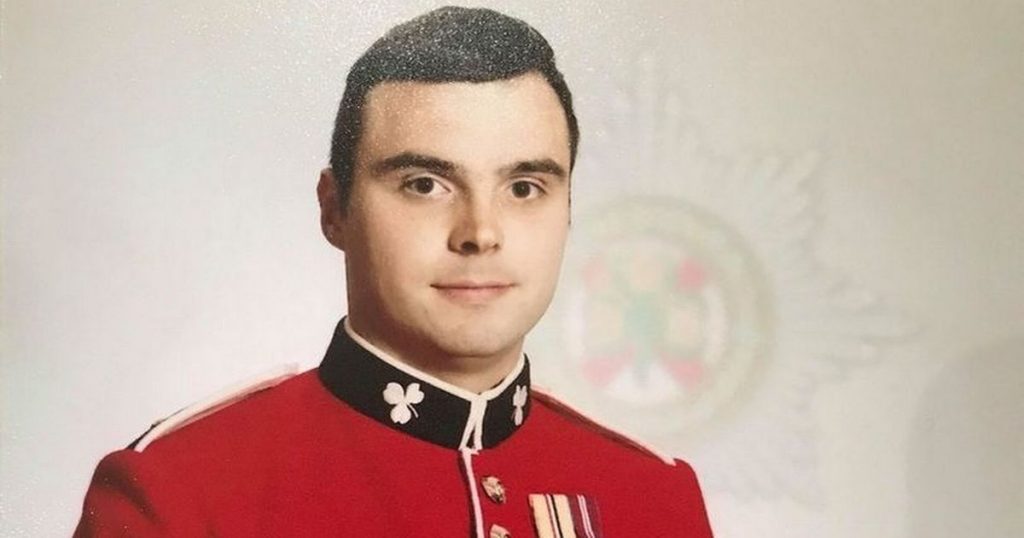Lance Corporal Bernard Mongan was found dead in his barracks room at Catterick, North Yorkshire after his body went undiscovered for three weeks. The inquest into his death revealed that he was a victim of “systematic harassment” and bullying by some of his superiors in his chain of command. Mongan had raised concerns about feeling suicidal over the previous two Christmas periods, but his welfare checks were not conducted over the 2019-2020 Christmas period – the same period in which he passed away. The inquest also heard that the Army’s official investigation did not properly look into the bullying allegations and that Mongan’s widow was concerned that the truth would not come out unless those accused of bullying her husband were called as witnesses.
The independent counsel at the inquest stated that there was evidence of Mongan being bullied and harassed by those responsible for his welfare, despite being recognized as vulnerable. There were concerns about the lack of compliance with welfare checks and whether the case may fall under Article Two of the European Convention of Human Rights, which imposes a duty on the state to protect its citizens. The coroner ruled that he would not be bound by Article Two but would keep an open mind about its applicability. He assured a full, fair, and fearless investigation into Mongan’s death and the circumstances surrounding it. The inquest was set to resume later in the year.
Mongan’s case raised questions about the Army’s treatment of vulnerable soldiers and the adequacy of support systems in place to protect their well-being. The delay in finding his body highlighted significant failures in the welfare checks and procedures, as well as the seriousness of the bullying and harassment he faced from his superiors. The inquest aimed to uncover the truth behind Mongan’s death and shed light on the systemic issues within the military that may have contributed to his passing. His widow’s concerns about the investigation’s thoroughness and the need for accountability from those responsible for bullying him underscored the importance of addressing the toxic culture that can exist within military environments.
The inquest highlighted the devastating impact of bullying and harassment on individuals’ mental health and well-being, particularly in high-pressure environments like the military. Mongan’s case served as a reminder of the urgent need to prioritize mental health support and intervention for vulnerable individuals within armed forces. It also raised important questions about the duty of care owed to service members by their superiors and the responsibility of the state to protect its citizens under international human rights conventions. The findings of the inquest and the subsequent investigation into Mongan’s death were expected to provide valuable insights into addressing systemic issues and preventing similar tragedies in the future.
The tragic circumstances of Lance Corporal Bernard Mongan’s death and the revelations of bullying and harassment he endured shed light on the potential risks faced by vulnerable military personnel. The inquest emphasized the need for a comprehensive review of support systems and welfare procedures within the military to ensure the well-being of all service members. It called for greater accountability and transparency in handling cases of bullying and harassment, as well as a commitment to upholding human rights standards in protecting individuals under state care. Ultimately, the inquest aimed to seek justice for Mongan and his family, while also prompting broader reforms to safeguard the mental health and welfare of military personnel across the armed forces.


